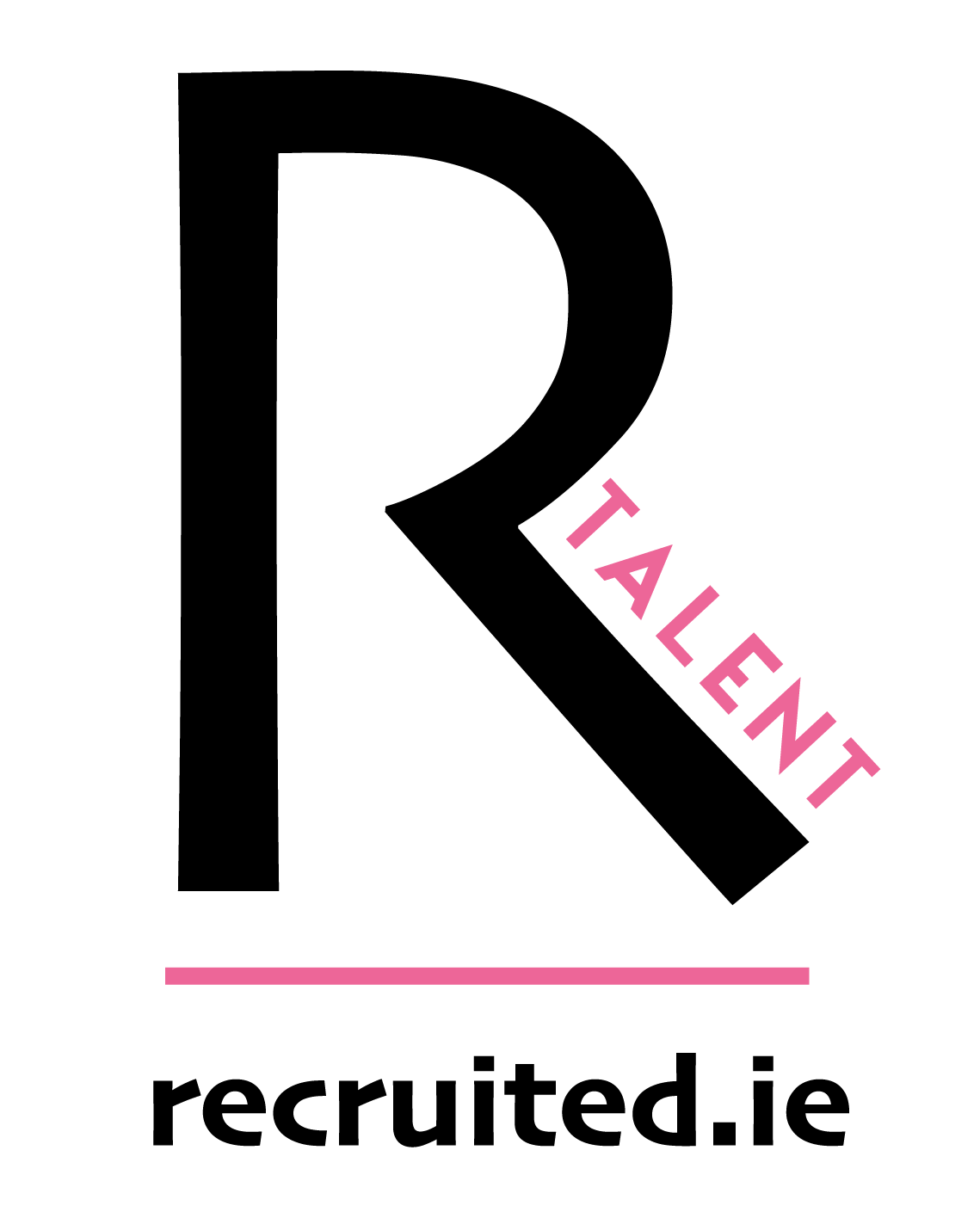Recruitment Special - Recruitment Tips

How To Dress For An Interview
How To An Interview
Experience vs Qualifications
Benefits of Using an External Recruitment Agency
Toxic Cultures
How to Write a Job Advertisement
3 Reasons Why People Leave Jobs
How To Dress For An Interview
Who Should You Be Impressing?
Growing up I was always told to dress suited and booted for every interview. Whenever I was unsure of what to wear for an interview I would fall back on my trusty suit. Crisp white shirt, smooth black pants and jacket with a blood red tie. To paraphrase my mother “dressed to kill”.
But is that what you need in horticulture?
Probably not. You are going to be literally up to your elbows in mud and let’s face it, that’s no place for glamour or power suits. So how should you dress for an interview? If not in a suit, how should you dress?
The answer is pretty simple, smart casual.
For both men and women, it is similar attire. You want to wear something that is presentable but also comfortable and practical.
Many of our clients will conduct their interviews on site and oftentimes you will be brought out into a garden and that is no place for Italian leather shoes or glossy stilettos!
I would recommend a nice shirt and jacket that offers protection against the outdoor elements but still is presentable. So no mud stains, holes or anything like that. It is usually best to wear durable jeans that won’t get uncomfortable if you get wet and to wear waterproof shoes/boots that again, are well looked after.
Most of the clients we work with are down to earth people and don’t usually appreciate pomp and circumstance. You will make a better impression by arriving in clothes that you can rough and tumble in, rather than a suit or dress that won’t offer much protection. Dress to impress your interviewer and not your date’s mother.


How To An Interview
Best Practices
I’ve personally done several hundred interviews in my career and will probably be reaching the 1000 mark soon. The point being is that I’ve learnt that there is no set way to do an interview. A good interview flows like a conversation. However, you can for sure lay out foundations on what you want from an interview.
Before you start any interview, think about what you want to achieve;
- What is the purpose of the role?
- What questions do you have about the candidate?
- How can I convince this person to join my team?
These are the questions that I encourage any interviewer to think about. There are of course many more questions that may be specific to your situation but these questions can offer you general guidance on where to look. You will often find out where you want to take the interview by starting with these questions.
One common mistake that many companies make is that they think they don’t have to sell themselves as a place to work. This is especially true if a company believes they have the choice of candidates.
An interview is a two way conversation, the interviewee is interviewing you just as much as you are them. If they don’t like what they hear, they will likely not accept the role. If they do, they will likely be jumping ship as soon as they can, wasting your overall time. So, make sure you talk more about what it is that makes your company unique.



Experience vs Qualifications
Which is better?
For this one I want to use a real-life example. When I was working in Pharmaceutical recruitment I had a role with a global Pharmaceutical company in Dublin that was looking for an Operations Manager role. Without getting too bogged down in the details, it was basically someone who was going to run the plant.
I had a fantastic candidate who has about 20 years experience but he had no qualifications. He was someone who had joined as an operator 30 years ago and worked all the way up in a couple of different roles to acquire the experience he had.
The client was initially nervous about the lack of qualifications but when he interviewed, he was made an offer and is now running that plant to this day. As someone who personally places huge importance on education, it was a good learning experience for me to get me to think about qualifications vs experience. I came to the conclusion that it all comes down to the ability to do the job.
In horticulture, the line is even blurrier. A lot of the time it is hard to determine who has the better knowledge. Do you take the grad who has studied for years in the best institutions in the country, or do you take the older gardener who has been working in gardens for years around the country?
The truth is that there is no right or wrong answer. You have to decide what is best for you and your business. You may find that you are set on one side of the fence, like I was, but then you found yourself on the other side of the fence for a specific situation. A fresh grad will have broader knowledge and be more likely to be adaptable to new situations. However, will likely not have the soft skills that you may need to hit the ground running. An experienced nonqualified horticulturist will usually really know their stuff but their knowledge may be narrow and deep. They may not know anything outside of their comfort zone. But having been out in the workforce longer, they will usually have the soft skills to make sure that they can hit the ground running.
don’t like what they hear, they will likely not accept the role. If they do, they will likely be jumping ship as soon as they can, wasting your overall time. So, make sure you talk more about what it is that makes your company unique.
Benefits of Using an External Recruitment Agency
How we help you
What’s a newsletter without a little self promotion? Here at horticulture.jobs we are specialised in finding the best staff for you and your business. But that’s all well and good, why should you care?
- We save you money
- We can reach staff you can’t
- We can save you time
Though we naturally charge a fee for our services, we save you money in the long run. This is because we take care of a lot of the risks that are associated with recruitment. You won’t have to spend money on advertising. You also won’t have to worry about putting your business on hold while searching for new staff which can cost you money.
We are specialist recruiters in horticulture and we are known in the marketplace. This means that if someone is looking for a new challenge or role, we are often the first port of call for candidates. Not only this, but as an active participant in the horticulture industry through trade magazines, we are in people’s minds even when they are not thinking about making a move.
All of your candidates are screened before you receive them. We save you time knowing that each candidate you receive is someone you actually want to see and not spam that clogs up your email. We’ve all been there!
An unspoken benefit of using us is your privacy. Often our clients are working on delicate projects that they are not able to disclose and by using our services, they are able to keep it anonymous without having to blather about their opportunities all across the industry.
Toxic Cultures
Not just soil to think about
The term toxic culture has been bandied about quite a bit but what exactly does it mean? A toxic culture is a broad term for an unproductive environment that is usually coming about due to negative behaviours.
5 signs you need to watch out for toxic environments;
- Micromanagement
- Excessive sickness
- Lack of flexibility
- Lack of creativity
- Hours of work
Micromanagement is something that has been given a lot of attention in recent years but it has to be said that it is not always bad. But like the old adage goes, too much of anything is bad for you.
If you are constantly monitoring your staff and telling them what to do, not only is it likely to come across as overbearing and cumbersome, you will actually drastically reduce your productivity.
People get sick, life happens. But when your staff starts to call in sick excessively, it can be a sign of a toxic environment. Your staff is either being overworked and their health is being run down or they are looking to avoid the environment that is causing them stress.
In today’s environment, we as workers expect flexibility. That could mean working from home or it could mean changing around hours. Life is rather complicated at the moment and we expect our employers to adapt with us to that. Those that do not adapt will heomerage their staff to their competitors who will accommodate staff needs.
Lack of creativity is a personally massive issue for me. For those of you interested in the psychology of workers, have a look at the Belbin test. A company that does not allow for me to be creative sounds like a personal hell and I have run away screaming from lucrative roles on that basis. This can happen to your garden designers, and so this can be an important facet to consider.
Hours of work can be tied to flexibility but too much flexibility can be an issue too. If your staff do not switch off from work, it can lead to burnout and stress. Making sure that your staff take time to look after their mental health and their work/life balance is so important. You will have happier and therefore more productive staff.
How to Write a Job Advertisement
Stand out from the crowd.
One of the biggest mistakes that many of my clients have made in the past is not writing targeted and engaging ads. They were frankly boring and even if they had high numbers of applications, they would often be irrelevant and that ended up costing them more time.
Typically I prefer to get quality applications over a mass of applications. Don’t you?
Here’s what you need to think about when writing those job advertisements;
- It’s not about you
- What’s in it for the candidate
- Would you apply for this role
When you are writing a job advertisement, you need to take yourself out of the equation. You need to think about your audience. If you were talking to your “perfect” candidate, how would you talk to them about the role? How would you engage them? How would you get them excited about the role and get them on your team? That is the mindset you need to be in when you are writing a job advertisement.
Why should a candidate be interested in your role? What is the exciting thing about working with or for you? What kind of projects do you work with? What about your clients? What about the locations? Do you offer unique opportunities and training? What is your culture like? What about your team? What quirks do you have in your company that make you, you?
These questions and more are what you should be considering when writing your ads. Too many companies think about what they can get out of the candidate rather than what they can offer the candidates. Be different and add that human touch to your ad.
Would you apply for this role? This involves a lot of introspection and this can be uncomfortable because there may be aspects of your business that you would rather not be true. I have worked with many clients who could not pay top dollar for their candidates and they struggled with attracting the right candidates due to this.
However when we focused on other aspects of the business, they realised that they had more to offer. People don’t just look at money when considering new opportunities. Think about that when writing your job ads.


3 Reasons Why People Leave Jobs
Other than money
Money makes the world go round but it is not the only way to keep your staff engaged.
The top 3 reasons why people leave their jobs are;
- Culture
- Management
- Location
We touched on this on our toxic culture piece but it bears repeating. Your culture is so important when it comes to keeping your staff. It also needs to be said that your culture does not to be toxic (that is just an extreme case) for it not to suit your staff. This is why it’s so important to interview for culture fit as well as technical fit. If you hire carelessly with no regards to culture, you may bring in people over time who change the culture. This can lead to loss of staff over time.
Management styles are varied and those of you who are active on professional networks like LinkedIn will see that there has been a movement in recent years towards a more hands off management style. This has been termed macro-management. But you need to be aware that this does not mean you leave your staff to it and let them get on with it. In fact this can lead to lack of support and staff burnout if they feel like they are being overwhelmed. On the flip side, you have micro-management whereby you are looking over the shoulder of your workforce. Not only does this usually lead to reduced productivity, it often leads to your more capable staff leaving as they feel you don’t trust them. You need to strike the balance between on hands and hands off with your staff.
Location is an ever evolving one. Traditionally in horticulture, people were willing and able to relocate for work but now people are looking at staying closer to home. With the advance of the pandemic, a lot of people’s priorities are shifting and the balance between work/life balance is becoming ever increasingly important to employees. And if you are not able to adapt to this, you will lose your staff to your competitors who will offer this balance. We would recommend talking to your staff to find out what they are interested in as their individual circumstances may differ.
SAM BARRETT
Profile of Sam Barrett Recruiter and Writer.
Hey! My name is Sam Barrett and I am an honours graduate from Trinity College Dublin who studied natural science, including botany. Upon deciding that academia was not for me, I moved to London to work in architecture recruitment and that was the first time I had exposure to landscape architecture, both soft and hard. The day before I moved to London, I had my first book launch and so began my interesting career of being a recruiter and an author.
I tried out a few different recruitment markets and learned a lot about the different recruitment strategies. I would have mostly started off with permanent recruitment but over time I would have specialised more in a contract and fixed term recruitment. I spent most of my time in the pharmaceutical and biotech industry as a recruiter and I got to see some amazing facilities when visiting clients when I returned to Dublin.
But I wanted something new, something with a new challenge and that is why I have partnered with Horticulture Connected in Ireland to help spearhead the recruitment industry in horticulture. This market has been largely untapped and through both of my skills as a writer and a recruiter, I hope to bring the advantages of a specialised recruiter and content creator to your business.
I like long walks on the beach unironically and one of my biggest dreams is to travel to the Serengetti and watch the great wildebeest migration. And if I help make some beautiful gardens along the way, that’s a plus!



